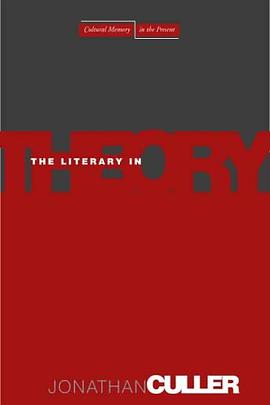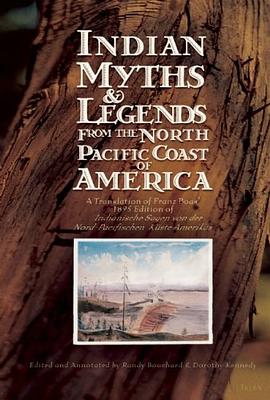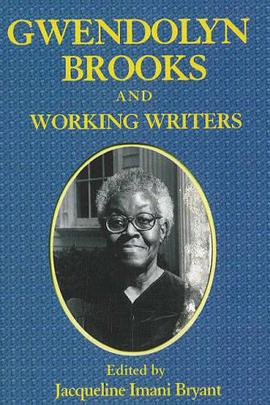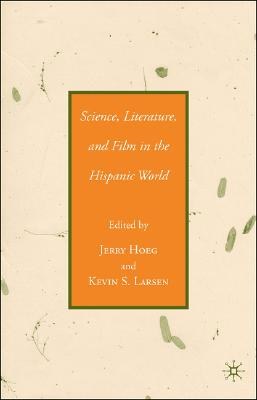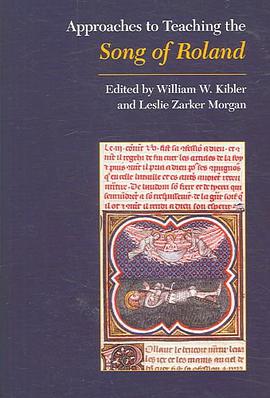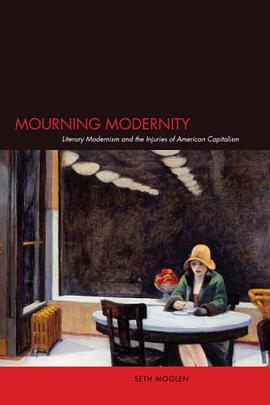

具体描述
In "Mourning Modernity," Seth Moglen argues that American literary modernism is, at its heart, an effort to mourn for the injuries inflicted by modern capitalism. He demonstrates that the most celebrated literary movement of the 20th century is structured by a deep conflict between political hope and despair--between the fear that alienation and exploitation were irresistible facts of life and the yearning for a more just and liberated society. He traces this conflict in the works of a dozen novelists and poets - ranging from Eliot, Hemingway, and Faulkner to Hurston, Hughes, and Tillie Olsen. Taking John Dos Passos' neglected "U.S.A." trilogy as a central case study, he demonstrates how the struggle between reparative social mourning and melancholic despair shaped the literary strategies of a major modernist writer and the political fate of the American Left. "Mourning Modernity "offers a bold new map of the modernist tradition, as well as an important contribution to the cultural history of American radicalism and to contemporary theoretical debates about mourning and trauma.
作者简介
目录信息
读后感
评分
评分
评分
评分
用户评价
相关图书
本站所有内容均为互联网搜索引擎提供的公开搜索信息,本站不存储任何数据与内容,任何内容与数据均与本站无关,如有需要请联系相关搜索引擎包括但不限于百度,google,bing,sogou 等
© 2026 book.wenda123.org All Rights Reserved. 图书目录大全 版权所有

